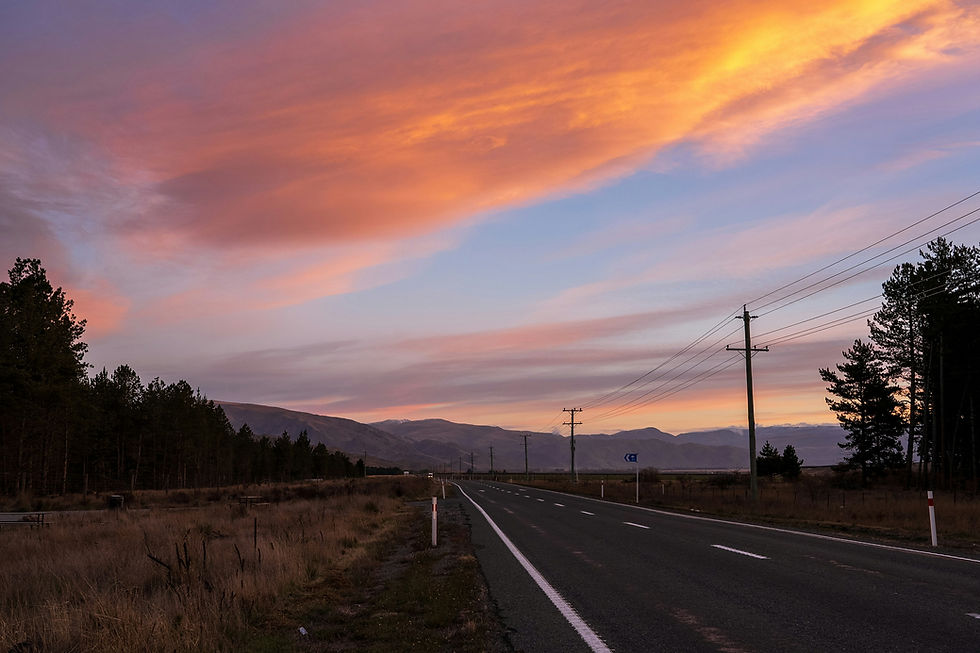Diversity is not a footnote
- Our Words Matter
- Apr 6, 2019
- 3 min read
Updated: May 21, 2019
Contributor: Dr Anne-Marie Tupuola-Plunkett, Independent Consultant, New York, NY, USA
What’s it like to be a kiwi? I’m asked this often. It’s difficult to put into words. I have an intrinsic connection to my place of birth. Being a kiwi is part and parcel of who I am until someone tells me otherwise.
“Oh you were born in New Zealand…but where are you actually from?” “Your ancestors are not FROM New Zealand?” "Oh so you’re an immigrant?”

These questions exhaust me. I subconsciously know that when I leave my home I need to have my ‘identity inventory’ or what I refer to as my ‘personal footnotes’ on hand. The reality is that not all kiwis are subjected to these types of questions. The reality is that these kinds of questions are often asked by my fellow New Zealanders whether they be in New Zealand or abroad.
This process of deduction is nothing new. I am accustomed to the “I need to understand you, if I don’t understand you, then you are not part of ‘us’.” What is often missing in this thought process is: Why must I be part of ‘us’ in order to belong?
In my experience, the ‘us’ is insular, monolithic and restrictive. There is no room to embrace and engage in the diversity that is New Zealand.
As a child my parents’ home was often filled with families, children and people from all walks of life. I witnessed firsthand how my parents’ identities and cultural affiliations did not define nor prescribe who we as a family connected with. My hope is that this is a typical experience in New Zealand homes and communities.
In reality, sadly this is not the case. Facing words and questions laden with ‘difference’ and ‘othering’ and that imply suspicion is not atypical of the New Zealand experience. The serene portrayal and 100% Pure New Zealand slogan that is often used to describe New Zealand speaks to a select few and masks the discrimination that exists.
It is my hope that New Zealanders, in their diversity, can rise above the hatred, divisiveness and bigotry that know no geographical borders. It is heartening that the narrow perception of ‘us’ and of the New Zealand identity is shifting in a positive direction. Divisive words are gradually being replaced by inclusiveness and compassion and discriminatory innuendo is being tackled head on.
To ensure that these shifts are long term ones, we as New Zealanders need to acknowledge that complacency and the shrug of the shoulder are no longer an option. We must also take ownership of our own prejudices and recognise that blame and ignorance are worn out scapegoats.
New Zealanders must dismantle words, labels and perspectives that portray and perceive us with broad strokes that mask our diversity. We must rise up and take responsibility for our actions, our words and our shortfalls. It is not the time to sit on the fence and be a bystander.
Marginalisation, bigotry, hatred and discrimination in all their forms are not okay. Staying in our comfort zone is the antithesis to what is needed at this time.
It is time for us to take a step forward, to reach out, to exercise neighbourly kindness, respect and compassion wherever we may be.
This article has been written for Our Words Matter by Dr Anne-Marie Tupuola-Plunkett, an Independent Scholar and International Consultant (including to the United Nations) specialising in human development, adolescent development and diasporic identities.







Comments